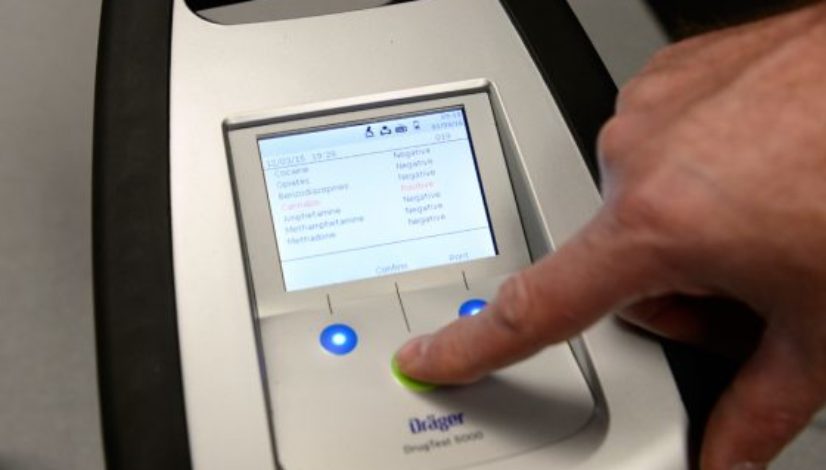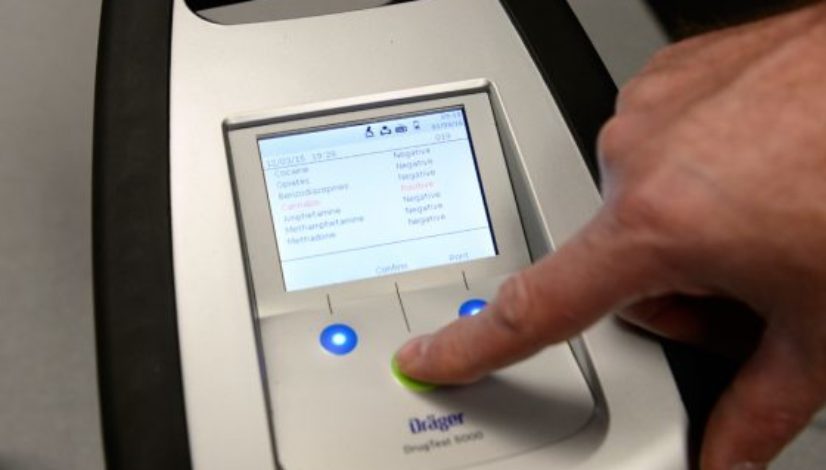Police in Illinois will begin experimental roadside test for weed, meth and other drugs

Published: Dec 19, 2017, 2:04 pm • Updated: Dec 19, 2017, 3:50 pm
By The Associated Press
CAROL STREAM, Ill. — Police in northwestern Illinois will soon try out a new test meant to quickly detect if drivers have drugs in their system.
Carol Stream police will begin testing drivers in February for marijuana, cocaine, amphetamines, methamphetamines and opiates like heroin. The test is designed to be quick and portable.
Officers will use mouth swabs to screen for the drugs. The P.I.A.2 device will then test the swab and give officers measurements for the amount of drugs present.
The state no longer assumes that any trace of a drug means intoxication and has instead set certain thresholds for controlled substances.
“We want to give officers all the tools they need to make sure they’re making the right decisions and removing intoxicated drivers from the roads,” said Sgt. Brian Cluever.
The device was created by Protzek, a German company, and is distributed by Judicial Testing Systems.
Related stories
- Fired bus driver blames delayed effect of cannabis cookie for DUI arrest
- Michigan police face questions about using experimental saliva drug test at DUI stops
- Random drug tests after DUI arrest ruled unconstitutional by Washington Supreme Court
- ACLU sues Georgia police over “deeply flawed” driving high arrests
- Canada looks to spend $274M to bolster cannabis-related law enforcement
In 2015, the number of drivers involved in fatal crashes in the U.S. who tested positive for drugs surpassed the number of drivers who had alcohol in their systems, according to a report by the Governors Highway Safety Association.
Officers said they’re expanding their focus to drugs because they can often see the effects on drivers but can’t always identify the drug.
Law enforcement officials will have to prove to the courts that the testing is deemed consistent, reliable and accurate by the scientific community before results can be used as conclusive evidence in court.
The system will begin testing on a voluntary basis. Drivers will be asked if they’re willing to give a saliva sample, Cluever said. The roadside test results would then be compared to blood tests police conduct afterward to see if they match.
Related: Are you high? The science of testing for marijuana impairment still evolving
“The science is proven,” Cluever said. “We just want to show it works on our roadsides, it works in our station and it works for the purposes we need it.”
Information from: Chicago Tribune
Topics: driving high, drug testing, DUI, Illinois, marijuana blood test, police, saliva device




